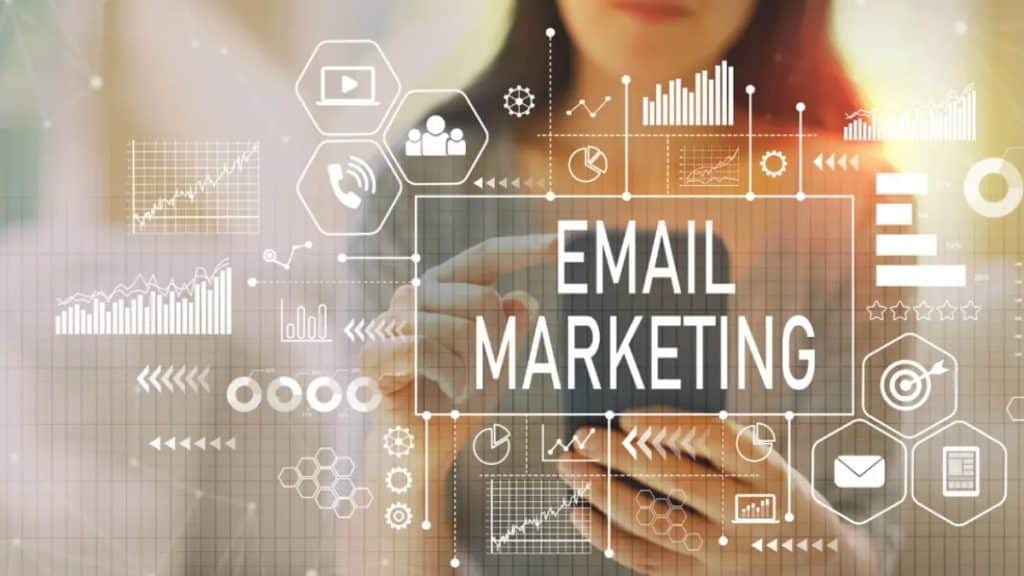Email marketing has become a standard tool for businesses looking to connect with their audiences, but not every industry uses it the same way. Some companies focus on promotions and discounts, while others rely on it to educate customers or build trust.
Every industry has a different approach, but the one thing they all have in common is the ability to reach their audience directly. Knowing what works in each industry provides insight into how to improve engagement, increase sales, and build stronger customer relationships.
How Businesses Benefit from Email Marketing
Email marketing has become a widely used tool across industries due to its effectiveness in reaching and engaging audiences. Businesses of all sizes use email campaigns to improve visibility, foster relationships with customers, and drive sales.
While large corporations may have the resources to invest in advanced automation and analytics, smaller and medium-sized businesses often prioritize affordability when choosing an email marketing service.
There are many platforms available, each offering different features, but their core purpose remains the same, which is delivering messages to potential and existing customers. Smaller businesses and startups, working with limited budgets, might choose cost-effective solutions.
Opting to utilize the cheapest email marketing platform can be beneficial for businesses who need to get the most out of their marketing efforts while keeping the expense low. This allows them to allocate more budgets to competing with larger companies without compromising outreach.
Retail Industry
Retail businesses rely on email marketing to reach customers with promotions, product updates, and tailored recommendations. Many companies use automated messages triggered by customer actions.
If someone leaves an item in their cart without completing a purchase, they may receive a reminder. Customers who have made past purchases might get suggestions based on their order history. Some brands send exclusive discounts to subscribers, making them more likely to return.
For instance, Sephora uses email marketing to send personalized product recommendations and exclusive offers to its loyalty program members. These messages often include early access to sales and special promotions based on browsing or purchase history.
Retailers use email marketing to stay connected with customers, boost sales, and bring shoppers back. Sending the right deals and updates keeps people interested and makes them more likely to buy again.
Technology and Software Industry
Tech companies use email marketing to keep users informed about updates, features, and best practices. Instead of focusing on promotions or discounts, their emails often provide useful information that helps customers get the most out of their products.
Slack uses email marketing to introduce users to new integrations and tools that can improve productivity. These emails often explain how specific features work and offer suggestions for better collaboration.
On the other hand, Microsoft sends different emails depending on the customer. A small business owner might get tips on managing a team with Microsoft tools, while a large company could receive updates about advanced security features or enterprise software solutions. This approach makes sure that each customer gets information that fits their needs.
The main goal of email marketing in this industry is to keep users engaged and encourage regular use of the software. By providing helpful information rather than just sales messages, tech companies strengthen their connection with customers and make their products easier to use.
Hospitality and Travel Industry
Hotels, airlines, and travel agencies use email marketing to stay connected with customers before, during, and after their trips. Emails often include booking confirmations, reminders, and important travel details to make planning easier.
Companies also send travel tips, recommendations, and special offers to encourage future bookings. Many businesses focus on loyalty programs, giving customers points or discounts to bring them back.
Marriott sends emails with personalized deals based on past stays, helping guests find accommodations that match their preferences. Airbnb recommends destinations and rental options based on a user’s previous searches and bookings. These emails highlight unique stays and experiences, making it easier for travelers to find options that suit their interests.

